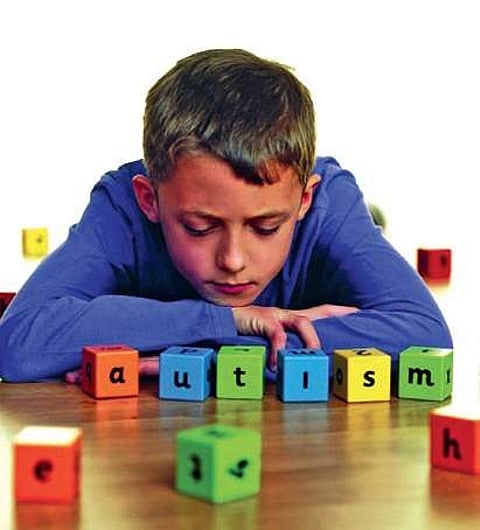

HYDERABAD: The World Autism Awareness Day is observed on April 2 every year in order to raise awareness and enhance support for the individuals with Autism Spectrum Disorders (ASD).
Experts and psychologists stressed the need for awareness, early intervention for treatments and role of inclusive education which could serve as crucial factors in extending support to autistic individuals and their families.
Dr Charan Teja Koganti, consultant psychiatrist in a leading city-based private hospital, explained the condition of autism as he said, “Autism is a neurodevelopmental disorder that could stem from problems in parts of the brain that interpret sensory input and process the language. It is observed that autism is four times more common in boys than in girls, and is characterised by communication, social interaction and restricted, repetitive and stereotyped interests or behaviours. Hyperactivity, anxiety, attention issues, high sensitivity to touches, sounds, smells, inability to comprehend speech or gestures are some of the common symptoms of autism”.
Experts also underlined the importance of early intervention and inclusive education strategies that can change the quality of life of children with ASD.
Mickita Bhojwani, Special Educator working at a leading Child Development Centre, told TNIE, “ Inclusive education involves teaching children with disabilities or difficulties alongside their typically developing peers in regular classrooms. The cornerstone of inclusive education lies in fostering a growth mindset, starting with teachers and extending to peers and families. Teachers must employ multisensory and multiple intelligence approaches for differentiated instruction and assessment”.
The experts further explained that early intervention involves identifying and providing effective support to children and young individuals at risk of facing challenges later in life, especially in terms of special education.
“In the realm of special education, early intervention holds the potential to address developmental hurdles faced by children with disabilities, ultimately improving outcomes across various domains such as health, language acquisition, and socio-emotional growth. Additionally, it serves to empower and support families navigating these challenges. Therefore, recognising the critical significance of the first three years of a child’s life, early intervention becomes paramount as it coincides with the crucial period of neural network formation– a foundation influencing learning, behaviour, and overall health”, Mickita added.